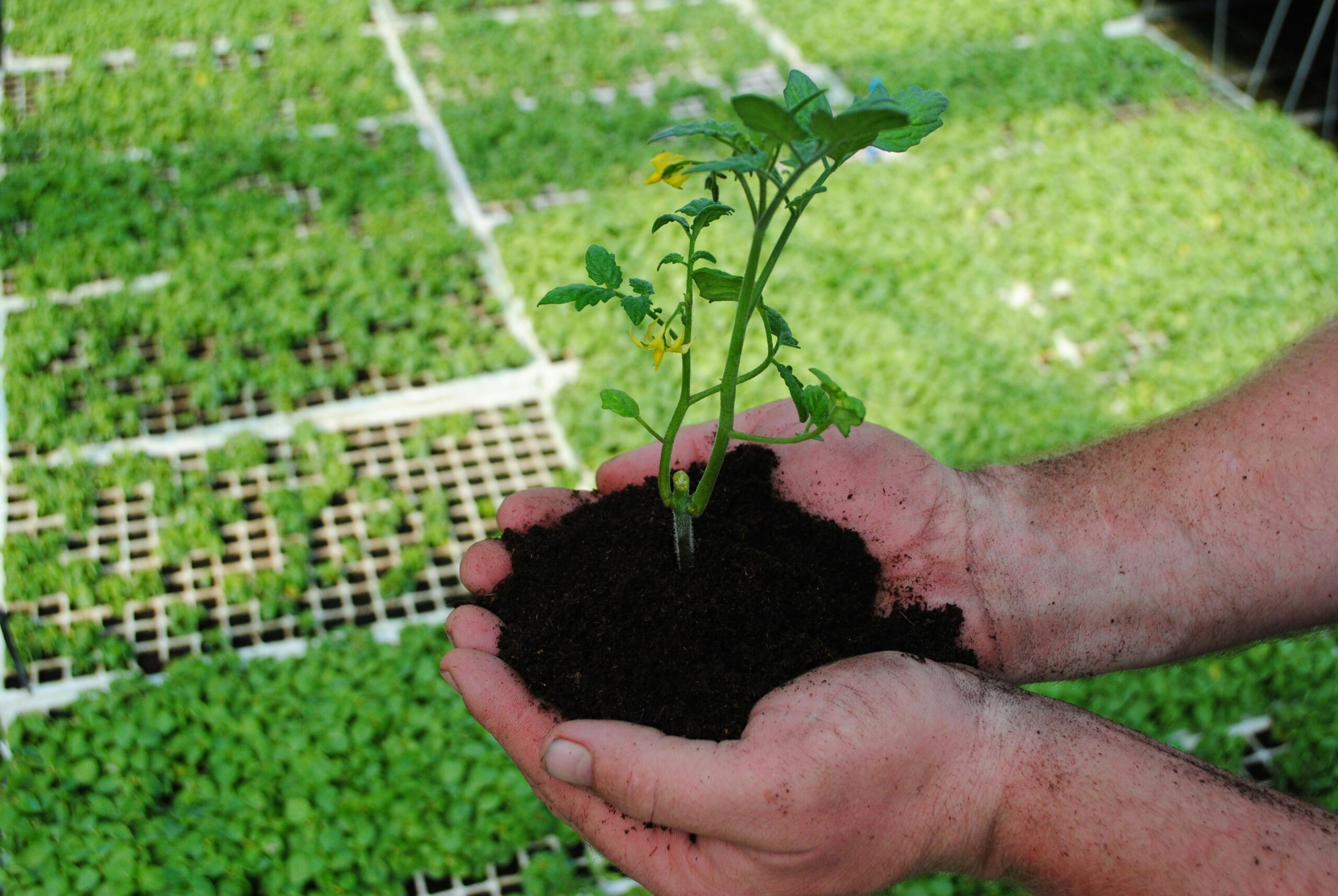Being environmentally conscious is more than just a catchphrase; it’s a call to action that struck me hard one calm afternoon. As I stood in my backyard, I saw a single-use plastic bag fall across the grass, serving as a sharp reminder of the waste that I had previously disregarded. That incident ignited an interest that has since developed into a fervent enthusiasm for sustainability. This isn’t your average “go green” manual; rather, it’s my story, interwoven with firsthand accounts, scientifically supported conclusions, and doable recommendations to assist you in creating a more environmentally friendly way of living. There is something here for every eco-warrior, regardless of experience level.
The Spark That Started It All
I started my journey by asking myself, “How can I lessen my environmental impact?” I started small by switching to reusable totes instead of plastic grocery bags. Although it felt good, it wasn’t sufficient. As I dug deeper, I discovered that being ecologically conscious involves a mentality change as much as reducing waste. From food to furniture, it’s putting purpose ahead of convenience.
Making my house an eco-friendly haven was one of my first major victories. I made an investment in energy-efficient lighting and replaced the artificial décor with reclaimed wood. The outcome? A place that feels alive and is greener—evidence that sustainability can be elegant.
Digging Into Organic Gardening
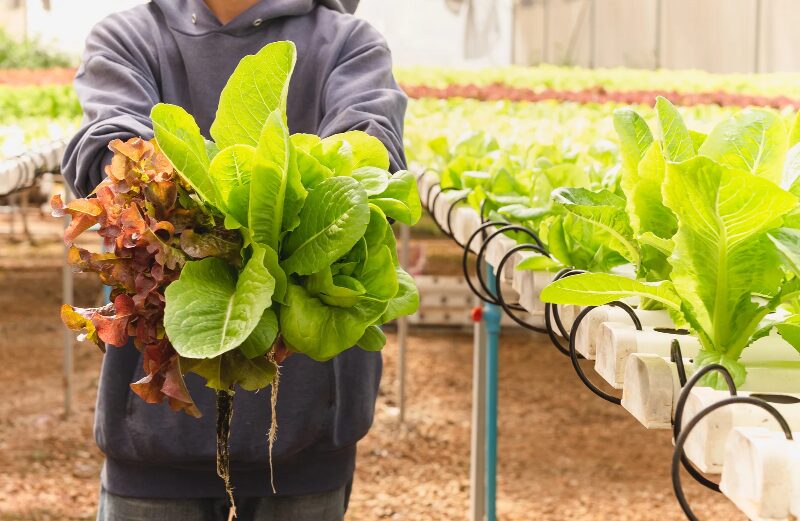
My first real understanding of the rhythm of nature came from gardening. Although I had always enjoyed caring for plants, my life completely changed when I started gardening organically. Just soil, seeds, and patience no pesticides, no short cuts. When I first tasted a crisp, chemical-free homegrown cucumber, I knew
But it’s not just about the food. My garden turned into a butterfly and bee haven, increasing biodiversity in the area. Do you want to give it a try? For inspiration, look through green garden ideas. Grow your connection to the earth by starting small, like a pot of herbs on your windowsill.
Zero Waste: Less Trash, More Triumph
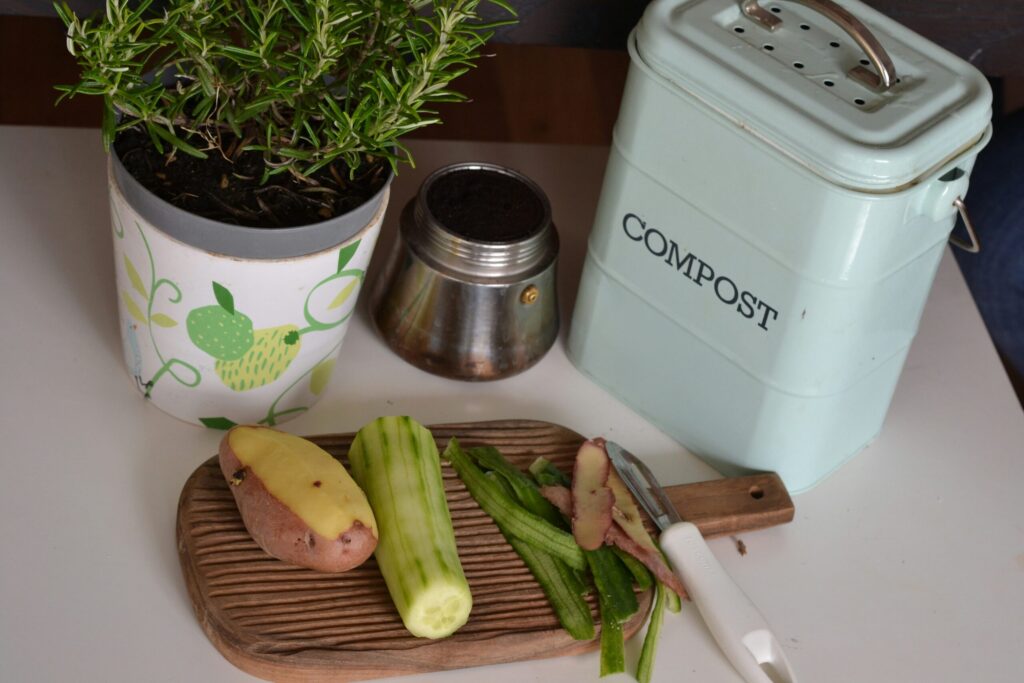
Dealing with waste comes next. Although it sounded intimidating, living a zero-waste lifestyle has changed my life. My kitchen became a miniature recycling centre when I started composting vegetable scraps. Because bamboo grows quickly, is strong, and is sustainable, I even started using it in my garden.
The trick? Prioritise reduction over merely recycling. I looked for produce without packaging and replaced bars with liquid shampoo. Every jar I don’t throw away feels like a victory, even though it’s not flawless.
Sustainable Living in 2025
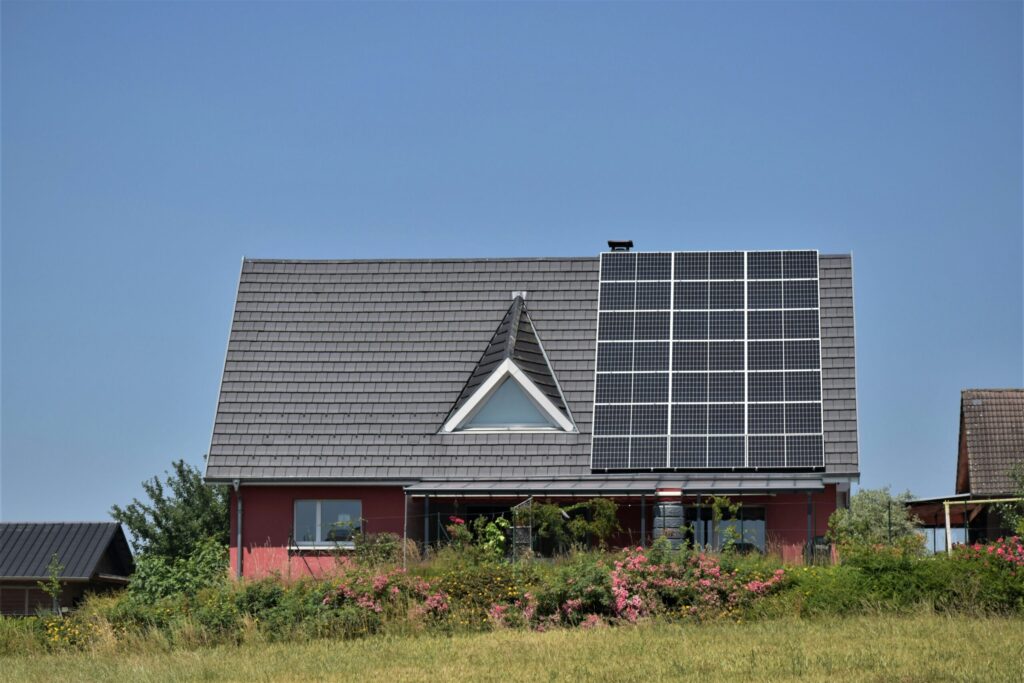
In terms of sustainability, 2025 appears to be a turning point. With solar panels and rainwater systems becoming commonplace, eco-friendly homes are springing up everywhere. Cork and recycled steel are two eco-friendly, long-lasting, and fashionable materials that I’ve been eyeing for my home.
What most excites me? Not only the wealthy can benefit from these innovations. More of us can now afford green living thanks to the emergence of affordable options.
Tech That Makes a Difference
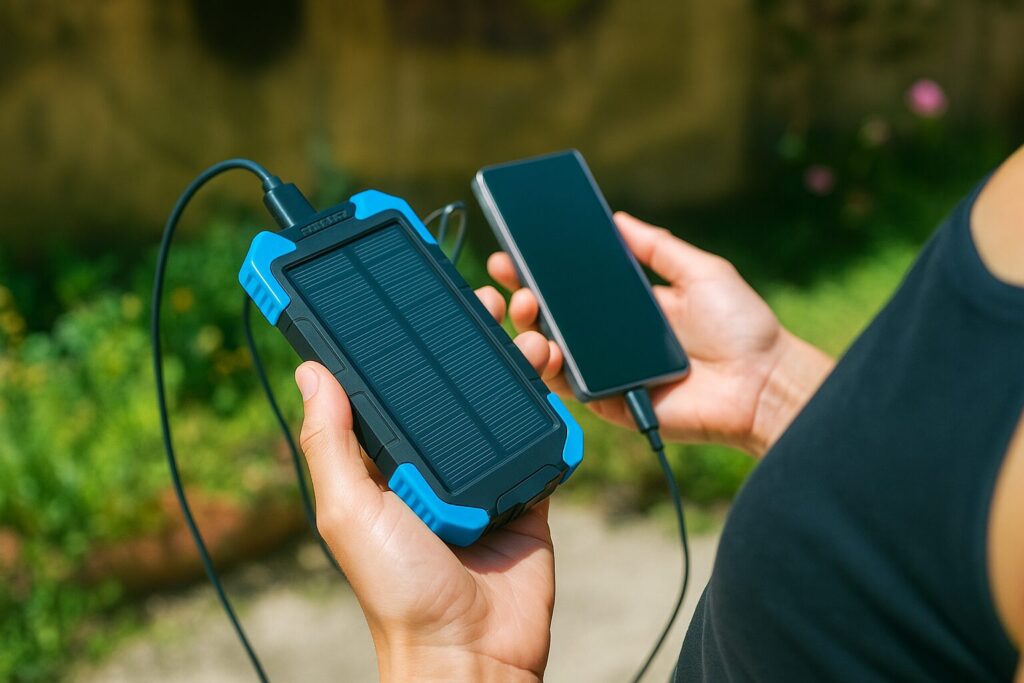
It is impossible to overestimate the importance of technology in this journey. Eco-friendly technology is quietly revolutionising everything from energy-efficient appliances to smart thermostats. A solar-powered phone charger is a small addition to my setup, but it has reduced both my guilt and my energy bill.
This is supported by data: the International Energy Agency estimates that by 2040, energy-efficient technology could reduce global emissions by 12%. It’s here and it works; it’s not science fiction.
Beyond the Planet: Social Sustainability

The catch is that being ecologically conscious involves more than just protecting forests and seas. All of this is connected by social sustainability, which promotes equitable communities, fair trade, and regional craftspeople. I began purchasing coffee from a local roaster that fairly compensates farmers. Knowing it’s free of exploitation makes it taste better.
Sustainability feels complete because of this dual focus on the planet and people. It’s thriving, not just surviving.
Greening My Outdoor Space
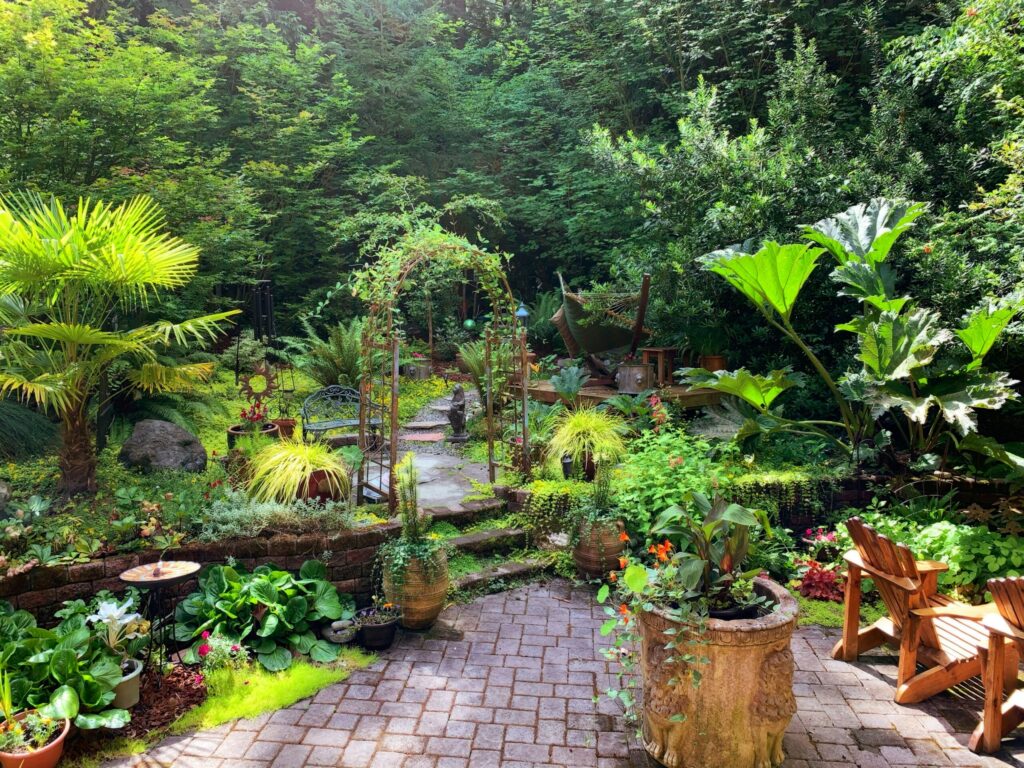
Eco-friendly concepts are being tested in my backyard. I created a rain garden to collect runoff, and now frogs and dragonflies love it. I also experimented with ideas for sloping patios using flood-proof and useful permeable pavers.
Not only do these changes look good, but they also work with nature rather than against it. They also spark conversation at any barbecue.
Inside Out: Sustainable Design
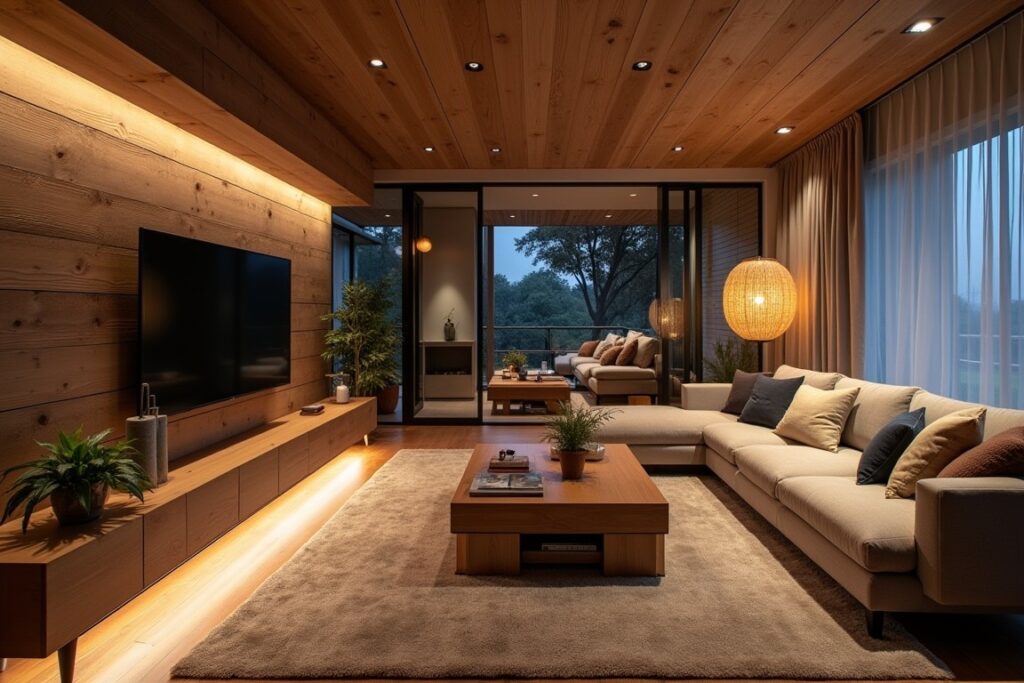
I’ve enjoyed combining sustainability and style indoors. I kept it green with repurposed materials and drew inspiration from 70s interior design concepts, such as earthy hues and secondhand furniture. I was drawn to white house interior design ideas that used natural fibres for a more streamlined appearance.
What about 2025? When combined with eco-friendly options like LED lighting, black home interiors are fashionable because they are striking, contemporary, and bold.
The Future of Food
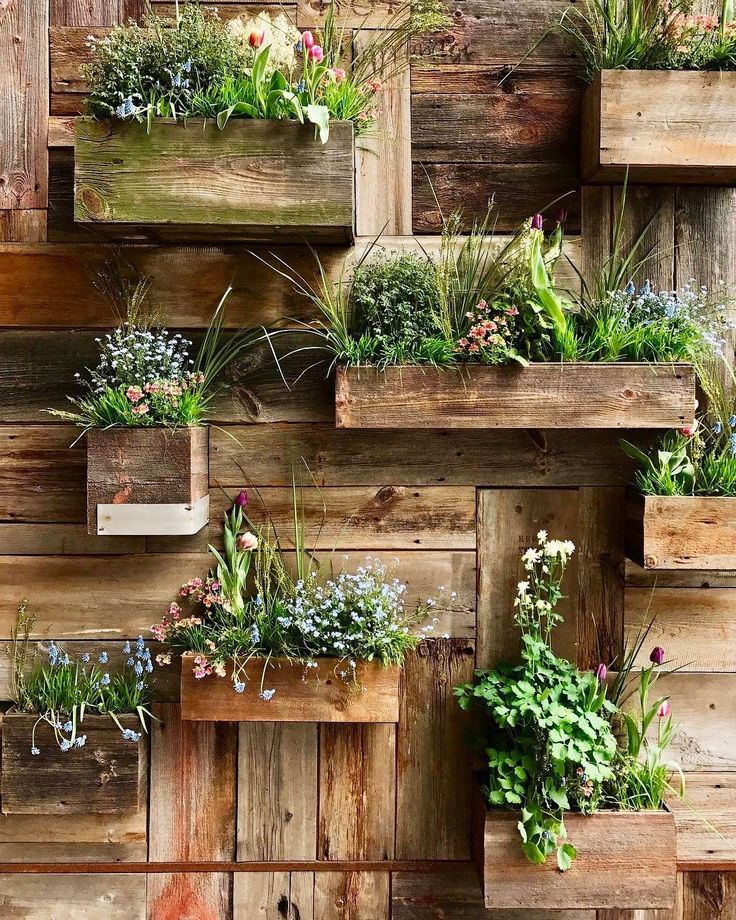
I’m passionate about sustainable agriculture as a gardener. The way we grow food is being rewritten by vertical farming and regenerative techniques. According to the UN Food and Agriculture Organisation, these practices could reduce the carbon footprint of farming by 30%. Herbs stacked in a corner is a miniature vertical setup that I’m testing out. It’s both useful and strangely futuristic.
Key Takeaways in a Nutshell
Here’s a quick snapshot of what’s worked for me:
| Area | Action | Impact |
|---|---|---|
| Home | Energy-efficient upgrades | Lower bills, less emissions |
| Garden | Organic methods | Healthier food, more wildlife |
| Waste | Zero-waste habits | Less landfill, more mindfulness |
| Design | Sustainable materials | Style with a purpose |
Conclusion
Being ecologically conscious is a journey rather than a destination. I’ve learnt from my journey that even seemingly insignificant changes, like choosing bamboo or composting, have a big impact. Progress is the goal, not perfection. Explore lush sustainability to see what appeals to you.
Begin now. Start with one change, any change, and work your way up from there. Both you and the planet are worth it.
Call-to-Action
Which green habit is your favourite? I’d love to hear it, so please leave a comment! Join the eco-journey and read our related posts for more inspiration.
FAQ Section
Q: What does environmentally friendly mean?
A: It’s about choices that minimize harm to the planet—think less waste, lower energy use, and sustainable practices.
Q: How do I kick off an environmentally friendly life?
A: Begin with easy swaps: reusable bags, less water waste, or eco-products. Build up from there—check eco-friendly decor for starters.
Q: What’s a quick way to green my home?
A: Add plants for air quality, switch to LED bulbs, or use sustainable fabrics. Simple, effective, and stylish.
Q: Why does sustainability matter in 2025?
A: Climate change is accelerating—sustainability balances our needs with the planet’s health, ensuring a future for all.

